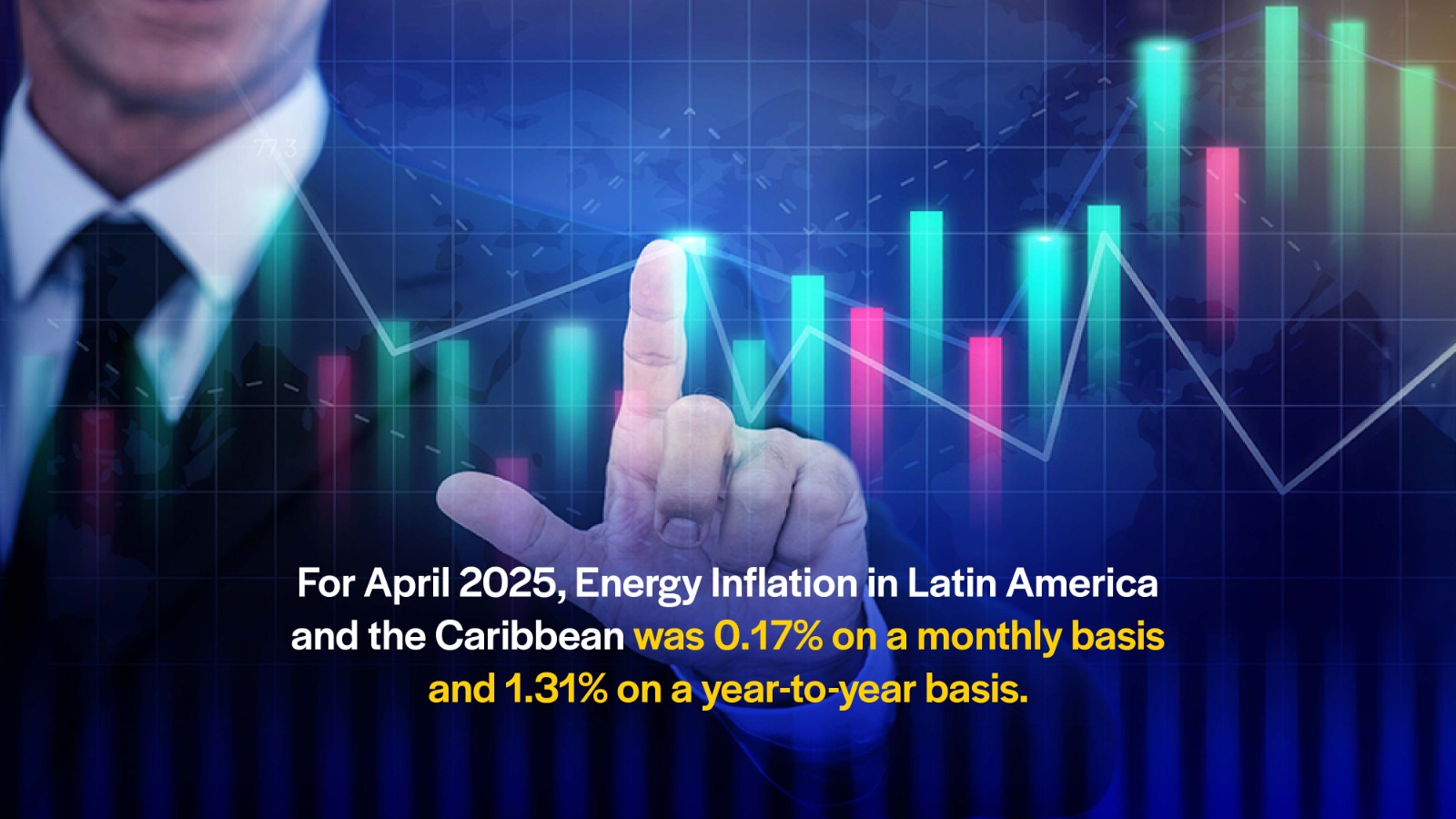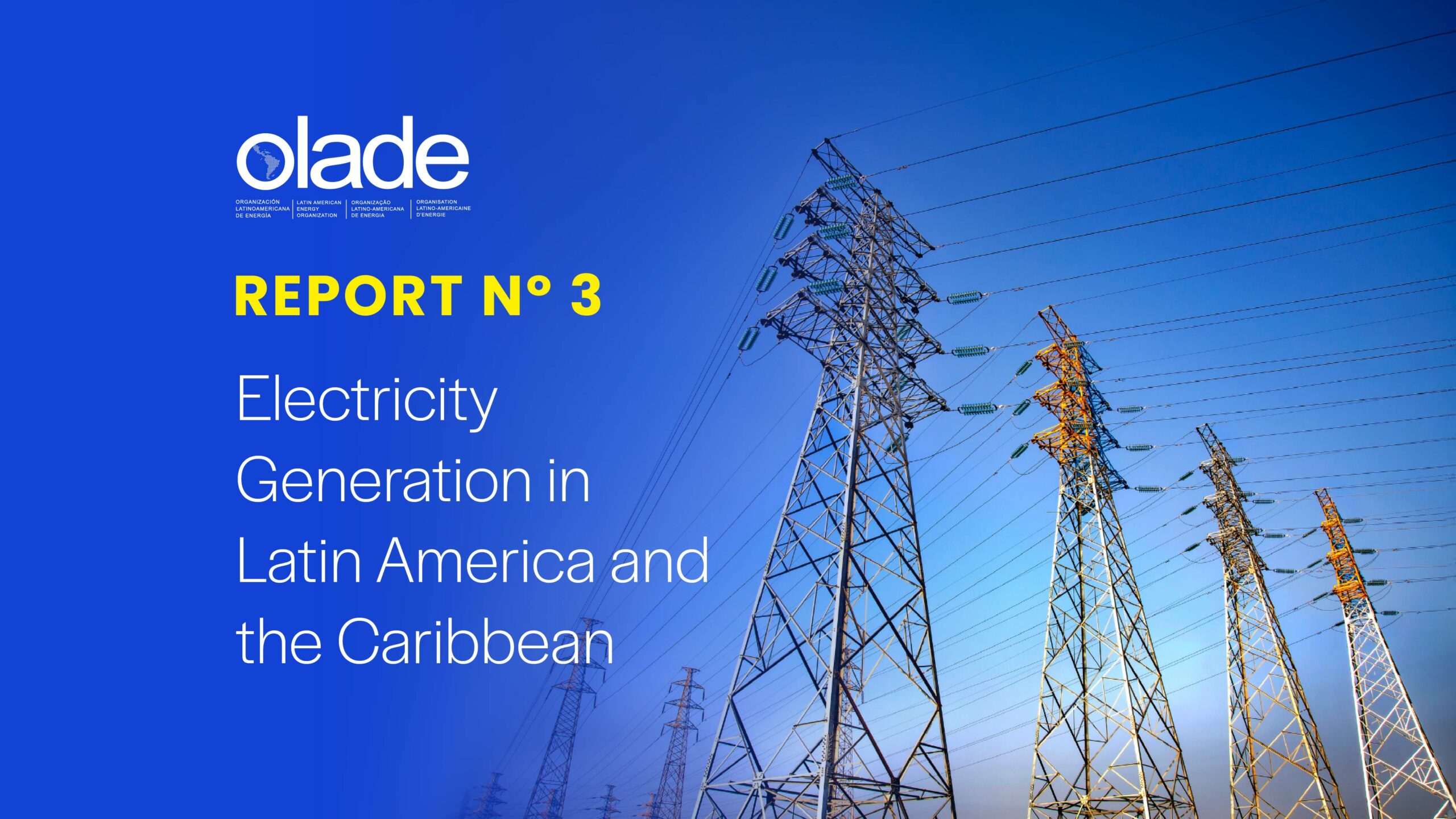With the coordination of the Latin American Energy Organization (OLADE) and the support of Paraguay’s Vice Ministry of Mines and Energy (VMME), surveys are successfully advancing in establishments belonging to the commercial, services, and public sectors. To date, a total of 212 surveys have been completed out of the 434 planned.
In May, surveys began and will continue until the end of August as part of the Useful Energy Balance (BEU) Paraguay project. The surveys are being conducted in establishments across the commercial, services, and public sectors throughout the national territory simultaneously, by a team of specialized professionals who receive essential logistical support and coordination from the National Institute of Statistics (INE) and Paraguay’s Vice Ministry of Mines and Energy VMME. It is worth noting that this inter-institutional cooperation has been key to the successful development of this project.
The final results of this work, as well as the project’s outputs, will be presented during the IX OLADE Energy Week, which will take place in Asunción, Paraguay, between October 28 and November 1, 2024.
The BEU is a fundamental tool that provides detailed and relevant information on the energy consumption of the various national subsectors, in addition to the uses and technologies applied. This information offers deep insights into energy needs and the efficiency with which available energy is consumed, making it a critical tool for the design of public policies and strategic planning in the energy sector, as well as an essential input for energy prospect studies.
Paraguay already updated its BEU for 2021 as a result of a project implemented by OLADE, with funding from the European Union’s EUROCLIMA program and coordination from the Spanish Agency for International Development Cooperation (AECID) between 2020 and 2023. This year, thanks to an approved scaling by the EUROCLIMA program and AECID, Paraguay will also be able to carry out the BEU for the commercial, services, and public sectors, while simultaneously updating the consolidated BEU with data from 2023, providing a highly relevant set of information for public energy policymakers.





